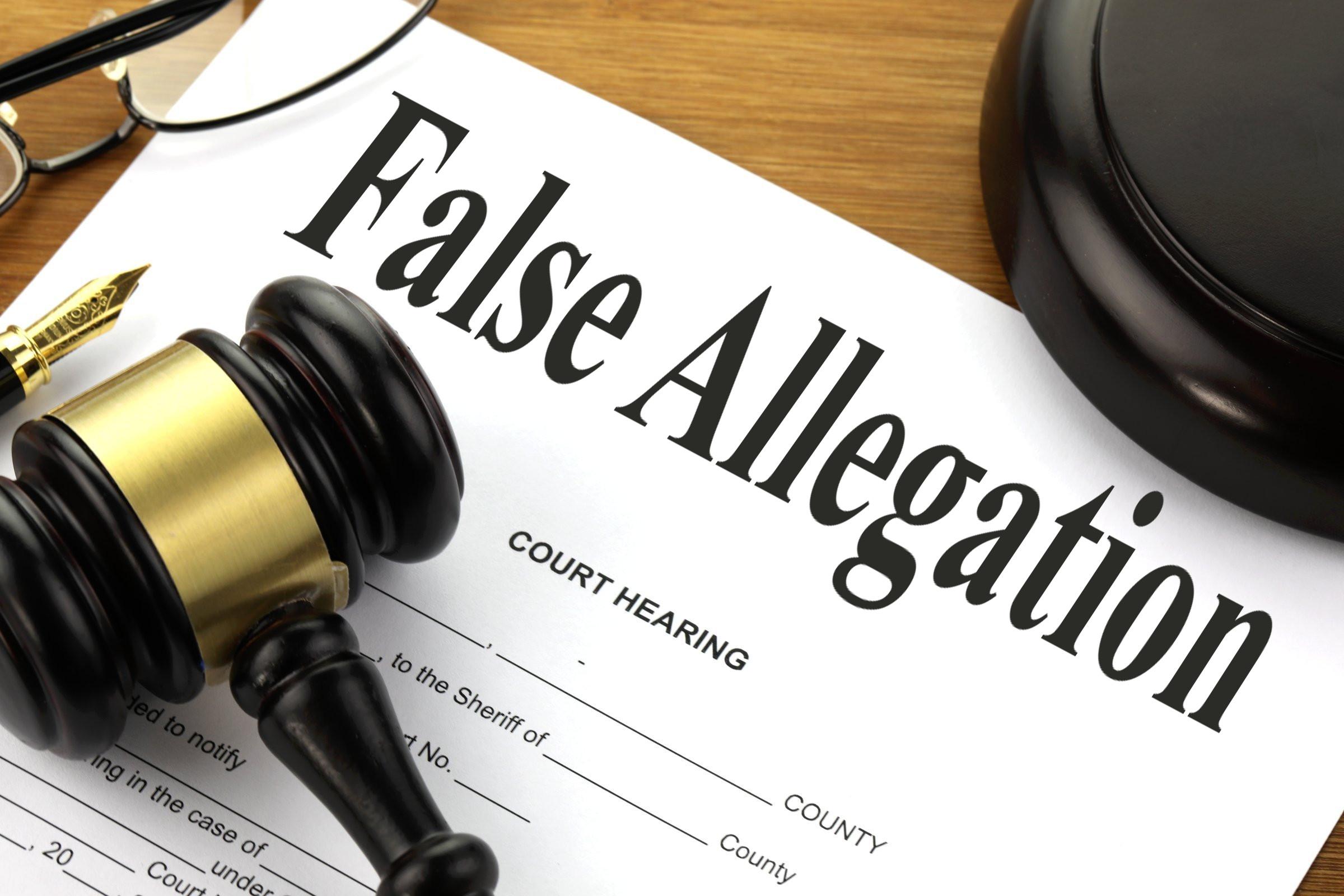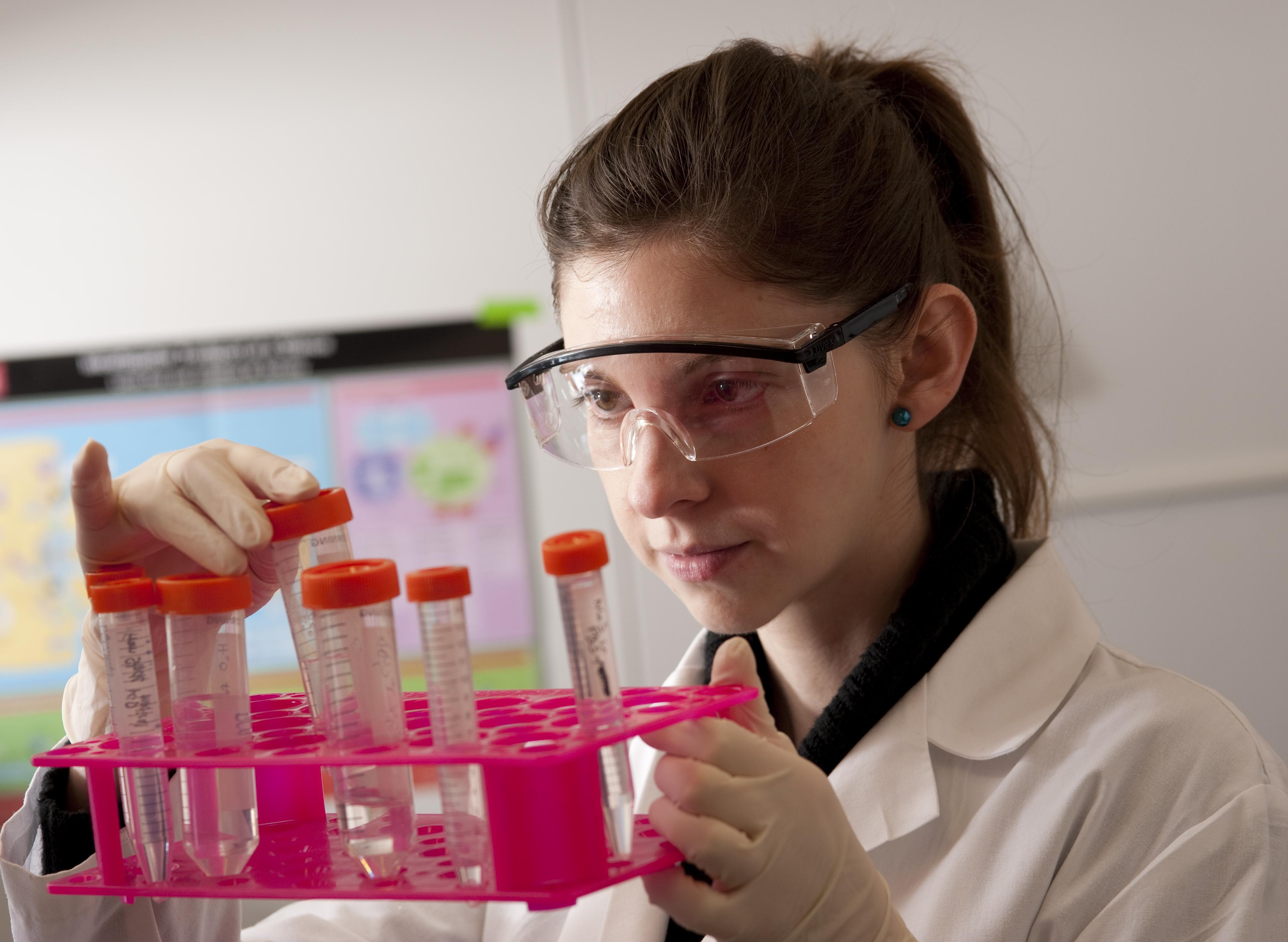In the ever-evolving landscape of artificial intelligence, a gripping legal battle has emerged, shining a spotlight on the lofty ambitions and questionable practices of tech mogul Elon Musk’s brainchild, OpenAI. At the center of the storm lies a wild claim that has sent shockwaves through the industry and laid bare the ethical complexities of AI development. Join us as we delve into the heart of the controversy and uncover the truth behind Elon Musk’s OpenAI lawsuit.
The Allegations of Trade Secret Theft
Elon Musk’s OpenAI lawsuit has brought to light some wild allegations of trade secret theft. According to the lawsuit, former OpenAI employee, Sam Altman, is accused of stealing confidential information and using it to launch his own AI startup. This explosive claim has sent shockwaves through the tech industry, with many questioning the integrity of both Altman and OpenAI.
The lawsuit alleges that Altman downloaded sensitive documents and code from OpenAI’s servers before abruptly leaving the company. The stolen information is said to contain proprietary algorithms and research data that are crucial to OpenAI’s competitive advantage. If proven true, this would be a serious breach of trust and could have far-reaching implications for both Altman and the future of OpenAI.

Examining the Role of Former CTO in OpenAI Lawsuit
Former Chief Technology Officer (CTO) of OpenAI, Greg Brockman, is facing a lawsuit filed by none other than Elon Musk. The lawsuit revolves around a wild claim made by Musk, alleging that Brockman stole proprietary information and used it to launch a competing company. OpenAI, the artificial intelligence research lab co-founded by Musk, has been at the forefront of cutting-edge AI technologies. The sudden legal battle between Musk and Brockman has shocked the tech community.
The lawsuit highlights the complexities that arise when key figures in the tech industry part ways. The dispute has raised questions about intellectual property rights and the boundaries between collaboration and competition. As the lawsuit unfolds, the tech world eagerly awaits to see how the legal proceedings will impact the future of OpenAI and the individuals involved.

Potential Implications for AI Ethics and Industry Standards
Elon Musk’s OpenAI lawsuit has brought to light a wild claim that could have far-reaching implications for AI ethics and industry standards. The lawsuit alleges that OpenAI, a prominent AI research organization co-founded by Musk, failed to provide crucial information about its language model, GPT-2, which could potentially have serious consequences for the industry as a whole. This revelation raises important questions about transparency, accountability, and the need for stronger regulations in the field of artificial intelligence.
As the debate around AI ethics continues to evolve, this lawsuit serves as a stark reminder of the complex challenges that come with developing advanced technologies. The outcome of this case could set a precedent for how organizations handle the responsible use of AI and the importance of disclosing information to the public. It also underscores the need for industry leaders to prioritize ethical considerations and work towards establishing clear guidelines and standards for the development and deployment of AI systems.

Recommendations for Safeguarding Sensitive Information in Open Source Projects
When it comes to safeguarding sensitive information in open source projects, it is crucial to implement strict security measures to prevent data breaches and unauthorized access. One key recommendation is to regularly update software and plugins to ensure that any vulnerabilities are patched promptly. Additionally, encrypting sensitive data and limiting access to only authorized personnel can help prevent unauthorized individuals from gaining access to confidential information.
Furthermore, implementing multi-factor authentication and regularly monitoring access logs can help detect suspicious activity and prevent potential security threats. It is also important to conduct regular security audits to identify any potential weaknesses in the project’s infrastructure. By following these recommendations and staying proactive in protecting sensitive information, open source projects can maintain a high level of security and safeguard against potential data breaches.
In conclusion, the ongoing legal battle between Elon Musk and OpenAI brings to light the complexities and challenges of navigating the rapidly evolving world of artificial intelligence. As the debate over ownership and control of AI technology continues to unfold, it is clear that the stakes are high and the implications far-reaching. Whether Musk’s claim of a wild conspiracy holds true remains to be seen, but one thing is certain – the future of AI is uncertain, and only time will tell where this lawsuit will lead us. Stay tuned for more updates as the saga unfolds.


